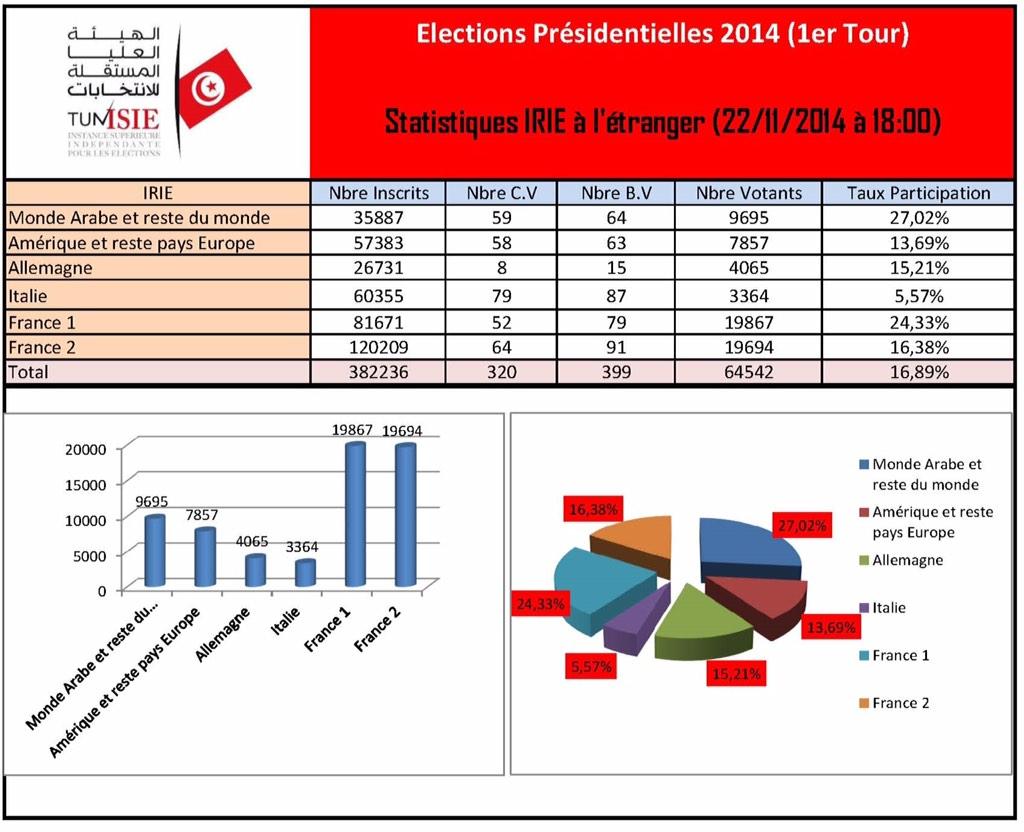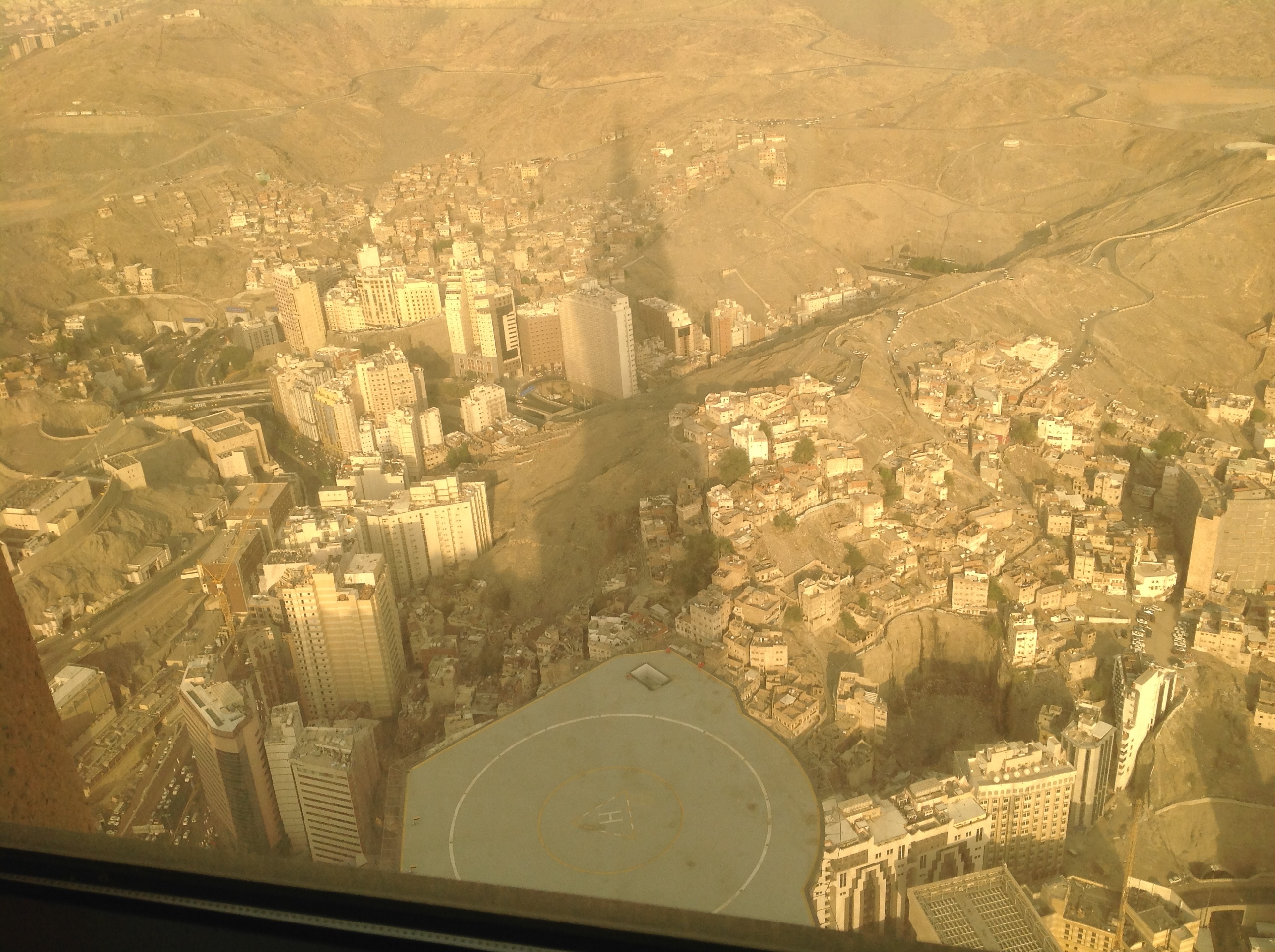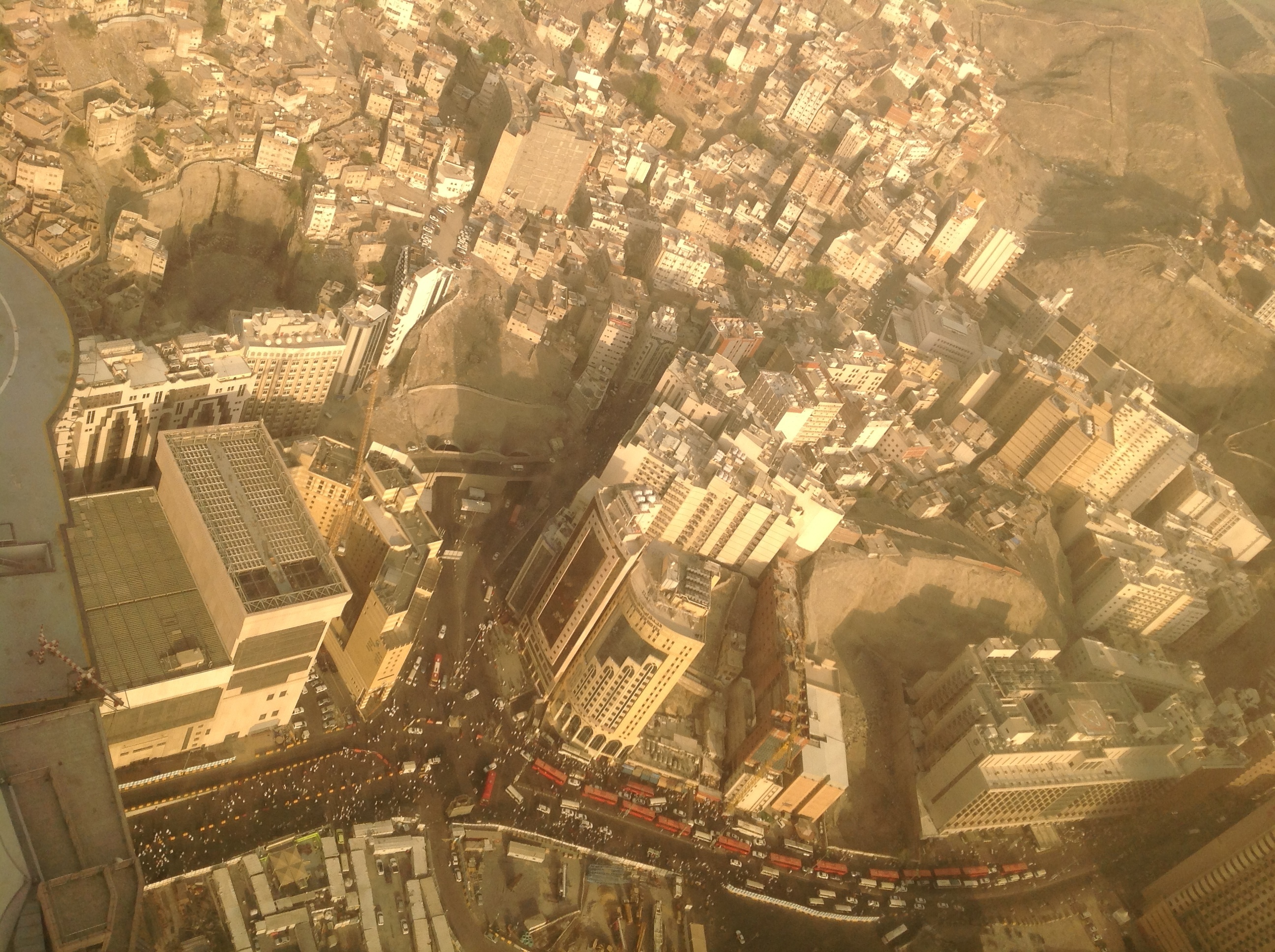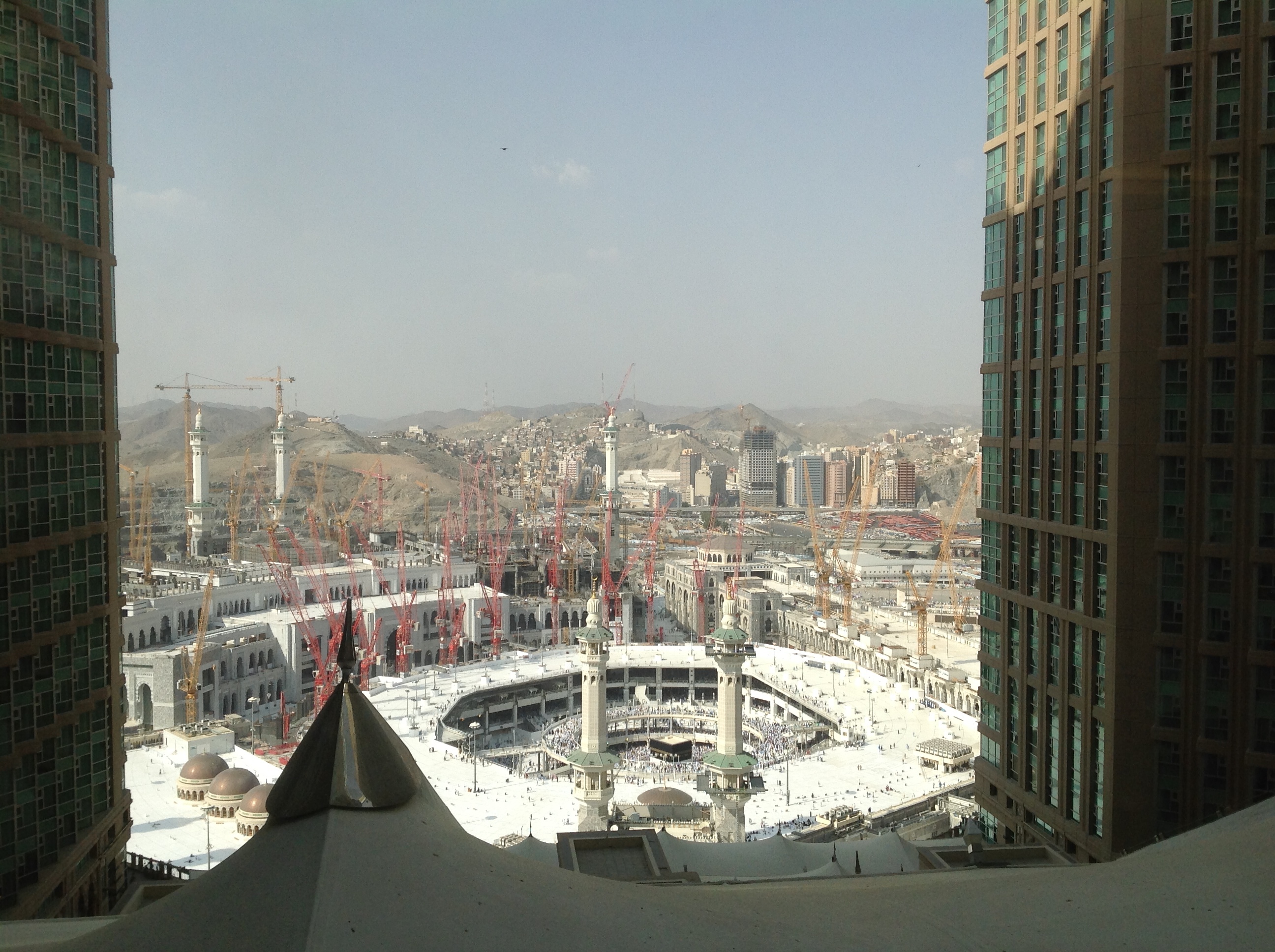Dear Pita-consumers:
Happy 2015! We want to start the year off right with some positivity and inspiration. Thankfully, one of our earliest PITAPALS, Asma Jaber, an Arab-American, has inspired this first week’s posting with her vision and explanation of establishing her entrepreneurial venture: PIVOT, a mobile application and web based platform. Note to all those starting and stopping with their entrepreneurial ventures: to “pivot” is also the the approach needed to adjust to obstacles, as Jaber outlines below, and change strategy–be it business model, target audience, or services.
In 2014, Arab tech news, WAMDA, featured PIVOT. So read Jaber’s inspiration shared by her at the Network of Arab American Professionals DC chapter seminar. (It is a shortened version of her remarks.) Her vision for PIVOT started before studying at the Harvard Kennedy School. Check out PIVOT, and find her on LinkedIN.
Sincerely,
PITAPOLICY
PIVOT: My Entrepreneurial Venture
By Asma Jaber
“’The old will die & the young will forget,’” The first part of this statement is true, as it is for anyone. The second is wrong”
Two years ago during Ramadan my father passed away (May God have mercy on his soul), very suddenly, very tragically; He was also born during Ramadan, 66 years earlier.
Let me take you back fifteen years ago when my daily routine was to say to my late father, “No! Not at the entrance baba. Drop me off here!” hoping my adolescent friends would not see me running from a glaring yellow taxi into my middle school. The taxi was how my father, a twice-displaced Palestinian refugee, provided for our family once we finally reached rural South Carolina.
Inside that taxi I was Palestinian, reliving my father’s childhood as he recalled story after story, and learning about our Palestinian heritage; but as soon as I stepped out, I felt that I did not belong. I was in a completely different world – one in which my classmates thought Palestine was Pakistan and poked fun at my lunch of stuffed grape leaves, or maklouba, really whatever my mom had left over from the night before. I’m sure many of us here had that feeling of not belonging during our youth and even, today.
I chose to go to Palestine because (contrary to the earlier quote, said by former Israeli PM Ben Gurion’s) I did not forget.
***************
Dispossession is going back, no matter how many walls are built on the beautiful land that our ancestors used to till.
It’s growing into the shoes of your ancestors and somehow carrying a burden too heavy to ignore.
While I was driving from Jerusalem to Nazareth the first time I returned to Palestine after my dad’s passing, I wanted him, his stories. I wanted him back there with me. I wanted him to tell me what was beneath my feet, where those Palestinian villages once were, what they looked like, and the history of these places. I couldn’t have him back, but I was still craving that knowledge and that experience that he gave me.
PIVOT: Pinpointing Location Despite Dispossession
This dispossession led me to come back to the U.S. with a passion to build that experience. So my fiancé Sami Jitan and I are building PIVOT, a technology platform & mobile app that will allow you to see what a specific place looked like in the past (first in Palestine and later on throughout the world), with images changing as you select a different time frame. We are collecting disparately located multimedia (photos, videos, sound bytes), (sourcing content from museums, books, archives, and what we like to call “shoebox” archives – the archives that I’m sure everyone’s household possesses). We reference those multimedia to a specific location, allowing those images and sounds to be easily accessed through a mobile app. It’s like looking at a place through a tunnel of time.
My vision is for PIVOT to promote historical and cultural preservation in my homeland of Palestine because it is of utmost importance in an area under constant threats and acts of erasure and ethnic cleaning (especially today as the Israeli government continues to destroy entire neighborhoods in Gaza, the West Bank, including Jerusalem, while at the same time approving 1000s of illegal settlement homes); we plan to later expand to other parts of the world where cultures are at similar risk of being destroyed. It my hope that this will amplify the voice of the downtrodden.
According to entrepreneurship gurus, the definition of entrepreneurship is “the pursuit of opportunity beyond resources controlled.” Social entrepreneurship is about pursuing innovative solutions to social problems in order to add value to society, in my case to promote digital cultural and historical preservation.
In laymen terms –it’s about believing and building towards a vision, so much to where you will pass up a full time job offer, live off of ramen noodles, and eat up your savings for a while in order to pursue your calling.
Entrepreneurship is also about navigating obstacles and unknowns.
- Obstacle 1 – I didn’t have experience building a business, nor was I raised to be a CEO. I didn’t know the first thing about business models, the world of app developers, or venture capitalism.
Lesson 1
The learning curve in a startup/the entrepreneurial world is HUGE. I have learned more from this experience than my entire Master’s degree at Harvard. The first lesson: don’t let not knowing how to do something stop you from learning how to do it. I’m not telling you to fake it until you make it, I’m telling you let your spirit for change drive you to open the doors that you know need to be opened in order to do the things you believe in. A year ago I didn’t know anything about entrepreneurship, and of course I’m still learning~
- Obstacle 2 – I’m not an app developer. In fact, I kind of didn’t like technology very much before this. Sami, will tell you when I first met him, I was still learning how to use my first iPhone two years ago; but I digress:
Lesson 2
When I let the vision drive me, the pieces fell into place. Even though I’m still somewhat technologically impaired, I am still able to influence our developers (who themselves have developed three award-winning apps) with my own vision and now they want to explore mapping in their own apps and have mentioned to me about taking a trip to Palestine to discover it for themselves.
- Obstacle 3, and this is a big one- I’m a female – a Palestinian – a Muslim – and I’m speaking in the U.S about Palestinian dispossession and the need for the preservation of Palestinian culture and places under threat by Israel. <whew> There were skeptics, myself included (!),who thought that if I mentioned Israeli-destroyed Palestinian villages in a Harvard-wide startup competition we entered, that we would not have a chance at winning.
Lesson 3
Times are changing because we won the competition, and I know we are on the right side of history!
Times are changing because we are now slowly, but surely, living in a world where you can –and should – discuss human rights abuses openly and condemn and protest the brutal injustices and collective punishment in Palestine, Syria, Iraq, Egypt and all of over the world.
Times are changing, and we must support women who enter the business world, just like a man, and a woman who does so while wearing a traditional dress on stage if she so desires (points to self). We don’t necessarily have to choose between career, our cultural or religious traditions, and family. We can try to have it all, if we sacrifice some food, sleep and keep the faith – and isn’t that what Ramadan is all about?
In fact, holding onto my culture and remembering my family’s and the collective Palestinian dispossession is what led me to this new career and, really, to what I believe is my greater calling in life. I have been lucky to find a way to stay rooted, to try and preserve places and memories in my homeland at risk of not being preserved, and to honor my father and his memory, all while making a living. Weaving all those together as a Palestinian-American Muslim in a creative way is part of my own definition of personal entrepreneurship.
I stumbled upon entrepreneurship, not because I sat down and wanted to come up with a cool idea (though that can work for some people!); I stumbled upon this entrepreneurial path because imagination was always part of my identity – sitting in a taxi in South Carolina and imagining what Palestine must have looked like when my father was there. This all naturally grew out of my living in 2 different worlds simultaneously – my American surroundings and my Palestinian heritage, and navigating living in that hyphen- “Palestinian-American”
Message isnt’ to make entrepreneurs out of all of us…
My message isn’t to make entrepreneurs out of all of us (because not everyone wants to eat Ramen Noodles for the first few years of their professional lives). But my message is centered on the fact that many of us here may live in a hyphen – Arab-American, Muslim-American and so on. Perhaps we are not made to ever fully fit in or belong (the same way I felt upon exiting my father’s taxi everyday), which leads us to have, as the great intellectual Edward Said said a “plurality of vision (similar to what our app PIVOT will do, by allowing you to pivot through a place across time). Such vision gives “rise to an awareness of simultaneous dimensions” And that plurality of vision is what makes us better leaders, entrepreneurs, and global citizens.
We must be able to reconcile the “disparate halves” of our individual identities, perhaps reconciling our humble upbringings with our fancy jobs or ‘ivory tower’ education; or reconciling our privileged American-ness with our connections back home – wherever that may be – to empower people struggling for justice and equality across the ocean. It is not until we can reconcile our identities and, no matter how conflicted they may make us feel, that we can use that to advance human rights and make a better world for everyone.
Let us remember: That we can succeed in our professional lives, while still being connected to the beliefs that drive us, to our histories that brought us to where we are, and to the people, even if they are no longer here, who continue to guide us. And we must NOT forget our roots, no matter who gets old and dies – but rather continue their memory and the quest for social justice in the most productive and faithfully spirited way.
***************************************************************************************************************************


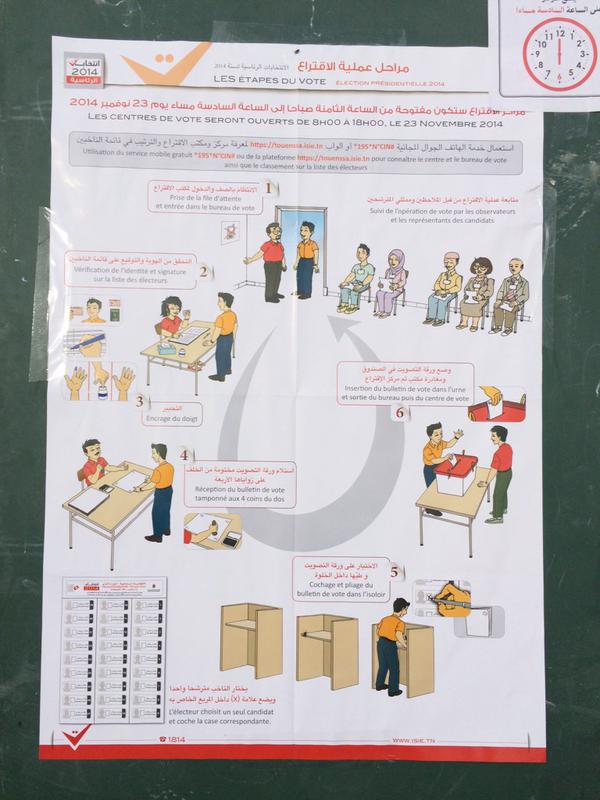
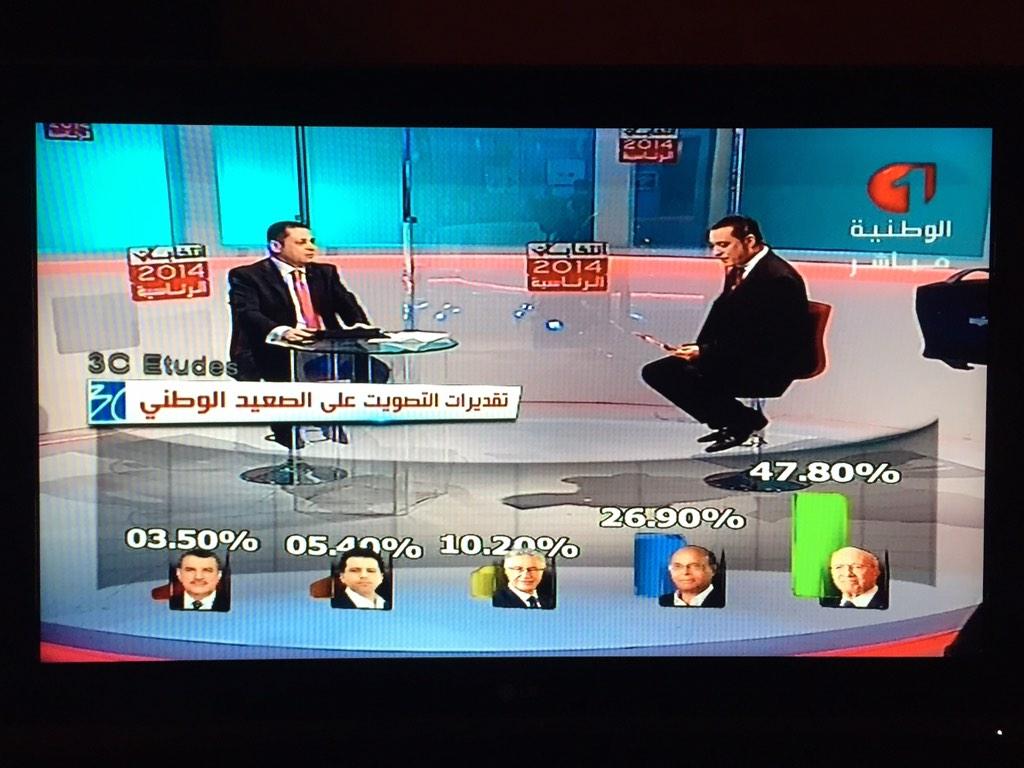 Exit Poll rankings as of 6pm when polls closed in Tunis, Tunisia
Exit Poll rankings as of 6pm when polls closed in Tunis, Tunisia 